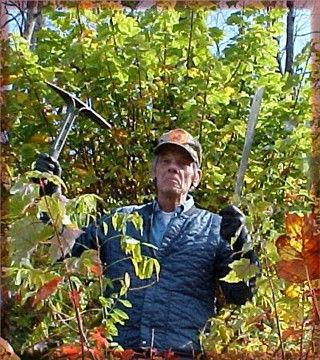88junior
Full Member
- Feb 22, 2008
- 113
- 3
- Detector(s) used
- Fisher 1270 with 5", 8",5x10",10-1/2",12" HotHead Coils, Fisher CZ-5 with 8",10-1/2" coils, Tesoro Compadre
- Primary Interest:
- All Treasure Hunting
I am looking to try out gold panning I live in Murray Co. GA. And was curious if anyone on here knew a place that I could give a try that is close to where I live. Thanks
Upvote
0





